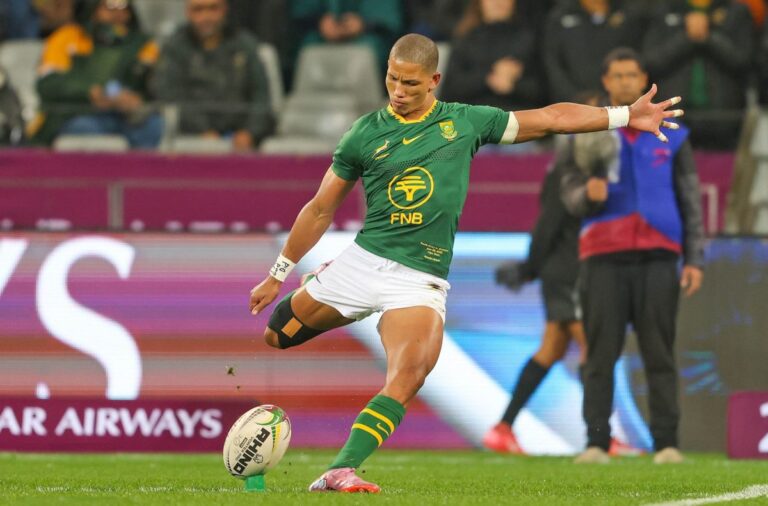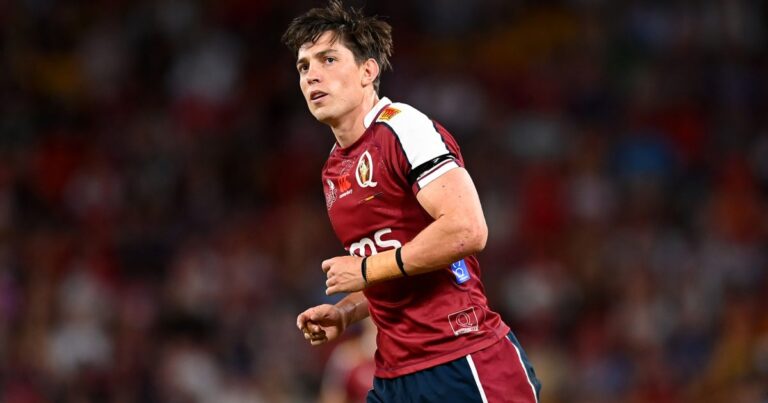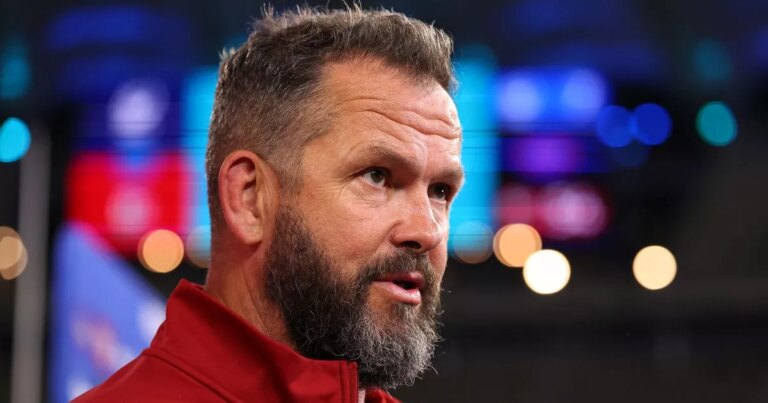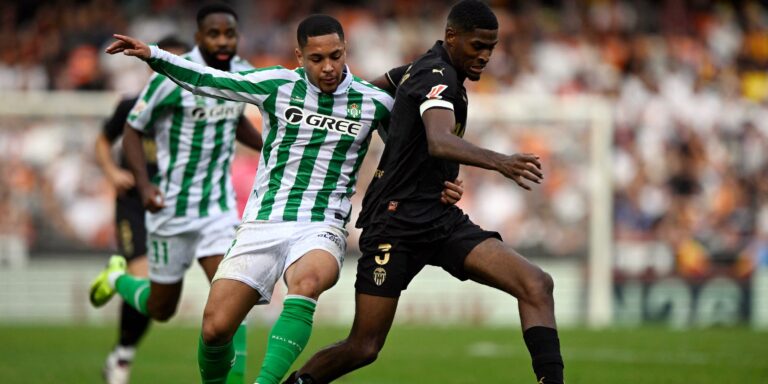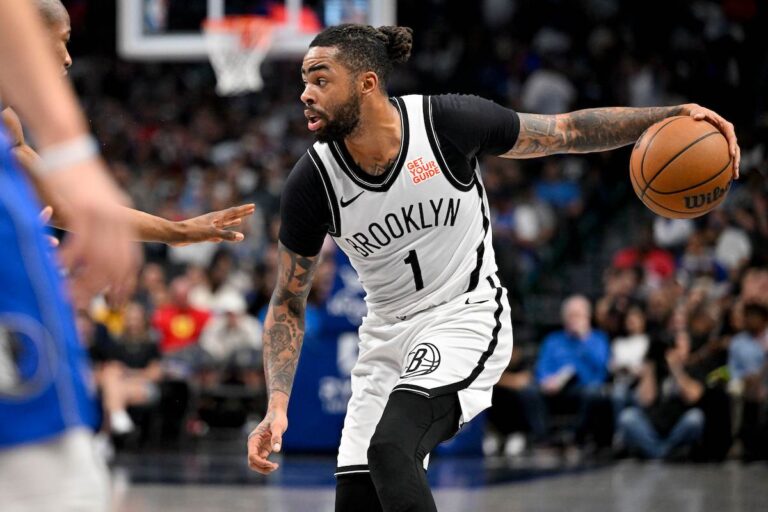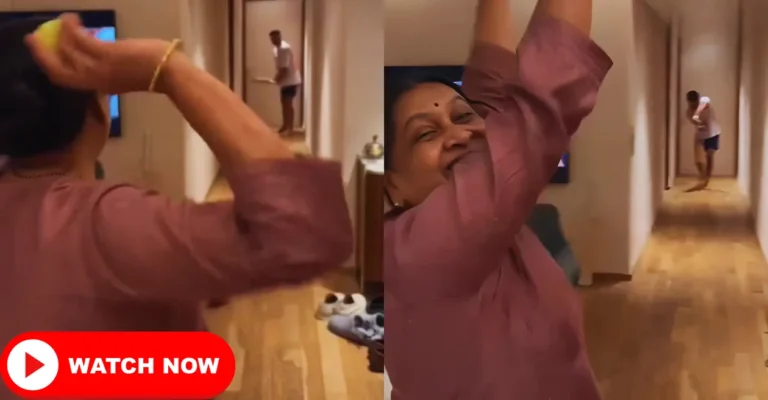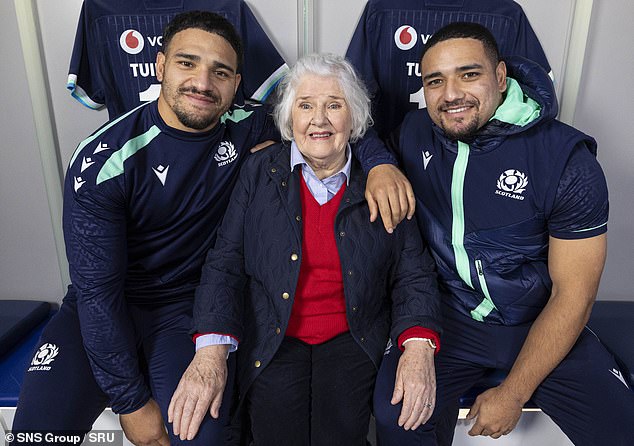
Inside a football stadium in a city where rugby often struggles to make its presence felt, Sione and Mosese Tuipulotu will this afternoon line up against each other for the first time. It feels like a fitting setting.
The brothers’ journey to the point where one is now Scotland captain and a key player for Glasgow Warriors and the other is a fledgling international looking to make his name at Edinburgh has been a winding one.
It began, though, for both in Melbourne, Victoria, a city and state where rugby union has traditionally come a distinct third in the locals’ affections behind football — the Aussie Rules version — and rugby league.
Two factors emerged, however, to partially shift that perception. One was the influx of settlers from the Pacific Islands where rugby union remains hugely popular, among them the Tuipulotus’ father, Fohe, a proud Tongan who shared that passion with his five children.
The second was the establishment of the Melbourne Rebels. Super Rugby is a southern-hemisphere concept that has evolved regularly since the advent of professionalism, pitting the best clubs from Australia, New Zealand and South Africa against each other, with Fijian, Japanese and Argentinian sides also involved during different iterations, too.
Victoria had been overlooked in the past but finally got its moment when Super Rugby wanted to expand from 14 to 15 clubs, despite opposition from several parties including Eddie Jones, at that point coaching club rugby in Japan.

Mosese (left) and Sione met up with their grandmother Jaqueline Thomson at Murrayfield last month
‘The reason they’re in is because of TV rights,’ said the future England and Australia head coach. ‘The current 14-team competition is just starting to find its feet. The addition of another Australian franchise is not good for Australian or Super rugby.’
That disquiet wasn’t enough to discourage the organisers and in 2011 Victoria finally gained its own Super Rugby franchise: the Melbourne Rebels. Its playing squad initially populated by expensive imports, such as Danny Cipriani, and rugby league converts, the long-term plan was for the club to gradually produce their own players through its academy system.
By 2016 that had become a reality, with Sione Tuipulotu — and Rob Leota, a future Wallaby — the first two players to emerge from the Victorian rugby system to play for the first team.
Tuipulotu had learned the game after gaining a scholarship to study at the prestigious, all-boys private school, St Kevin’s College, and the move to the Rebels was a natural progression for a ‘Burn Boy’, the nickname given to those from Melbourne.
‘Sione was a very proud Victorian coming out of St Kevin’ College,’ recalls the Rebels’ general manager at that time Baden Stephenson, who a year later would become CEO. ‘The city is dominated by AFL (Aussie Rules), so Sione was a trailblazer for young rugby union players in Melbourne — particularly those from Pacific Island communities.
‘A start-up franchise in a non-rugby state with no local players was hard. But Sione and Rob were the first two homegrown ‘Burn Boys’ signed straight from school to the Melbourne Rebels. Both lads did their apprenticeship behind some senior players and made their debuts in 2016 having played multiple years for the Australia U20’s.
‘Sione was a high-energy guy who enjoyed banter and often had a mischievous grin on his face. He competed hard in the early years at the Rebels but learnt a lot from international centres Tamati Ellison and Reece Hodge, and experienced Super Rugby players Billy Meakes and Tom English who all had leadership roles over the years.

Sione Tuipulotu has already made his mark with Scotland, captaining the side in the autumn
‘For the local boys it was a huge honour to play for the Rebels and represent the city and the state.
‘The club was originally set up with an older, imported squad but Sione set the path for many local Rebels players.’
Among those to follow in his footsteps were Mosese and their younger brother Tavi, who would also join the Rebels’ academy in later years, forging a strong family connection.
‘All three boys were in the Rebels pathway system at one point,’ added Stephenson. ‘Mosese left to play club rugby in Sydney because Covid was very tough in Melbourne and the club competition was postponed for two seasons. Tavi was also contracted at the Rebels.
‘He’s a very talented hooker who was on the verge of making his Super Rugby debut.
‘Sione, Mosese and Tavi were all very competitive towards each other but you could tell there were also very strong bonds.
‘Melbourne club rugby had a very high participation rate of Pasifika players (from the Pacific Islands). Their dad, Fohe, was a local legend who worked hard, played hard and ran security at nightclubs and pubs at weekends. They’re a terrific family.’
Sione was initially the local poster boy but that feelgood factor soon turned to frustration when he struggled to establish himself in the Rebels first team. That led him to leave the club, first to Japan and then to Scotland where he has become national team captain.
‘I would have loved for Sione to have stayed in Melbourne but in some ways broadening his rugby and life skills in Japan and Scotland have helped him mature and get really comfortable with his game,’ added Stephenson, now working as general manager with the Fijian Drua.
‘At that time it was tough to get consistent gametime as a teenager or as a player in their early 20s in any Super Rugby team. Getting just a dozen games in three or four years was frustrating for Sione but he also played 30-odd NRC (national rugby championship) games and had three years in the Australia Under-20s. Everyone in Melbourne is super proud of Sione, especially now he’s captaining Scotland.’
Sadly, the Rebels fell into administration earlier this year and lost their Super Rugby berth amid ongoing financial recriminations. The club that sent all three Tuipulotus on their way is no more.

Mosese, meanwhile, has already represented the A team in a match against Chile
‘It’s a shame the Rebels aren’t in the competition this year as the balance between youth, experience, international talent and homegrown players was about right,’ lamented Stephenson.
‘But it came down mostly to Rugby Australia not being able to sustain, support and fund five teams. The Melbourne market was challenging with 29 professional sporting teams.
‘Melbournians love big sporting events. The British and Irish Lions Test in 2025 in Melbourne will be the biggest in history.’
There is an irony that Tuipulotu could well be playing for the tourists on his return home for that match at the Melbourne Cricket Ground. ‘I’m sure Sione will kill it for the Lions,’ added Stephenson, still as proud as ever of the young man who made Rebel history.
In the meantime, the sports-mad executive will follow events from Hampden from afar this afternoon as Sione’s Glasgow and Mosese’s Edinburgh face off in the first leg of the 1872 Cup.
‘Sione will be proud of his younger brothers following their dreams in professional rugby,’ said Stephenson. ‘He and Mosese will compete hard, have some banter on the field but be first to shake hands, hug and share a beer in the changing room afterwards’.
The Rebels may have gone but that Melbourne spirit endures.
